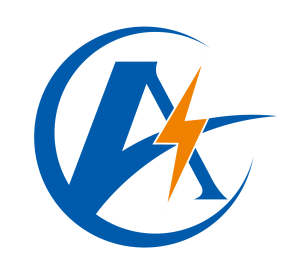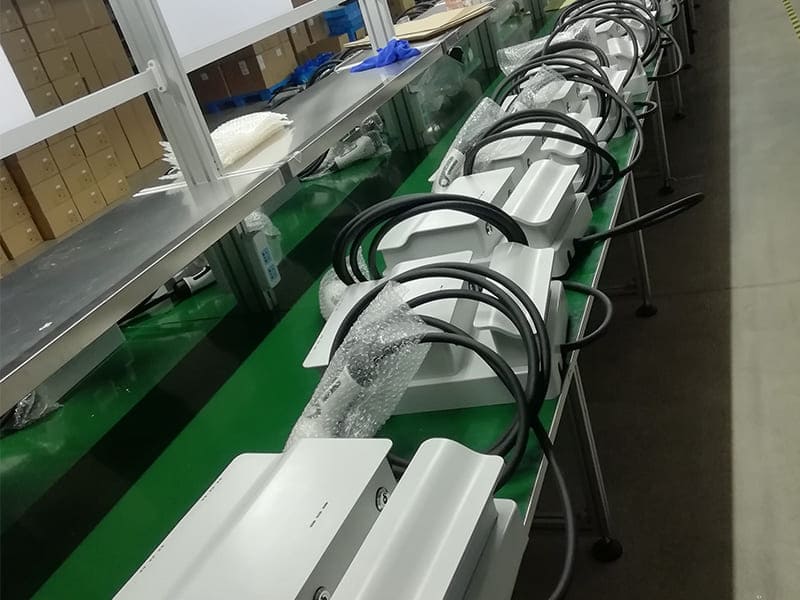Choosing an EV charger requires careful consideration. Specifically, a 7.2 kW EV Charger is a popular option. But is it suitable for your needs? This article explores its key features. Consequently, you can make an informed decision.
What is a 7.2 kW EV Charger?
A 7.2 kW EV Charger provides Level 2 charging. It operates on a 240-volt electrical circuit. Typically, it delivers about 30 miles per hour. Therefore, it is ideal for overnight charging. Moreover, it balances cost and performance effectively.
Key Advantages
Firstly, a 7.2 kW EV Charger offers sufficient speed. It fully charges most EVs overnight. Secondly, installation is relatively straightforward. It doesn’t require extensive electrical upgrades. Additionally, it is more affordable than faster models.
Furthermore, it is compatible with most homes. Also, it supports smart charging features. Ultimately, it provides excellent value for money.
Potential Limitations
However, consider your daily driving habits. A 7.2 kW EV Charger might be slow. For large batteries, it may take 8-10 hours. Also, it may not suit very long commutes. Therefore, assess your specific requirements carefully.
Technical Specifications
Understanding the specs is crucial. A 7.2 kW EV Charger needs a 32-amp circuit. It requires a NEMA 14-50 outlet typically. Moreover, it uses a J1772 connector standard. Additionally, it often includes WiFi connectivity.
Furthermore, many models are weatherproof. Also, they usually have durable cables. Importantly, they include safety certifications.
Installation Requirements
Professional installation is highly recommended. Firstly, an electrician checks your panel’s capacity. Then, they install the appropriate circuit breaker. Next, they mount the charging unit securely. Finally, they test the system thoroughly.
Typically, installation takes a few hours. However, complex setups may take longer. Always hire a certified professional.
Cost Considerations
The 7.2 kW EV Charger itself costs $200-$500. The installation fee is calculated based on local requirements, labor costs and miscellaneous expenses. However, government incentives can reduce costs. Therefore, check for available rebates locally.
Moreover, consider long-term electricity costs. Charging overnight is often cheapest. Ultimately, it is an affordable home solution.
Aegen: Your Reliable Manufacturing Partner
Aegen is a leading manufacturer of EV chargers. They offer factory-direct pricing on all products. Additionally, they partner with charging companies globally. They supply components and complete charging stations.
Moreover, Aegen has a strong technical team. They provide comprehensive support to manufacturers. Also, they offer custom services to distributors. Their expertise ensures top-quality products.
Global Reach and Applications
Aegen’s products are sold internationally. Specifically, they supply markets in Central Asia and the Middle East. Furthermore, they serve Europe and South America. Their chargers are used in various settings.
Commercial DC EV Charging Stations
Aegen’s DC EV charging stations are deployed in:
Shopping malls and retail centers
Office buildings and business parks
Highway service areas and rest stops
Public spaces and city centers
Residential complexes and apartments
Hospitals and healthcare facilities
Parking garages and lots
Schools and universities
Commercial AC Charging Solutions
Aegen’s AC chargers are ideal for:
Private garages and carports
Apartment building parking areas
Corporate campuses and facilities
Long-stay parking locations
Overnight charging scenarios
Residential Charger Options
For homes, Aegen offers various solutions:
AC wall-mounted units (7kW/11kW/22kW)
Smart connected charging systems
Compact and stylish designs
Is the 7.2 kW Charger Right for You?
Consider your typical daily mileage. If you drive less than 50 miles daily, then yes. Also, if you have overnight parking available. Moreover, if your electrical system can support it. EV Charger Plug Types: AC vs. DC Connectors and Their Uses.
However, if you need faster charging, consider DC. Alternatively, higher-power AC units may suit. Ultimately, the 7.2 kW EV Charger fits most homeowners.
Conclusion
The 7.2 kW EV Charger is an excellent choice. It offers reliable home charging capabilities. It is affordable and efficient. Partner with Aegen for quality products. They provide global expertise and support. Choose the right charger for your needs today.

